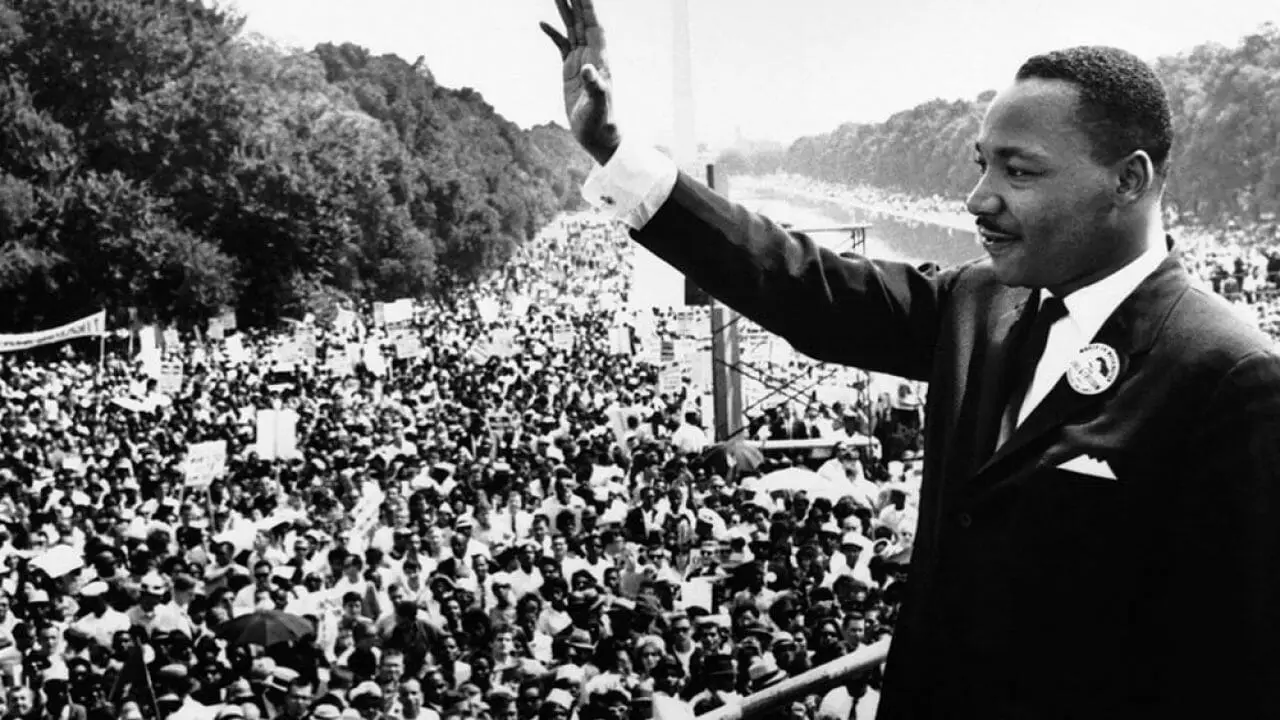The life and legacy of Martin Luther King Jr. is an inspiring testament to the power that comes with the courage to stand up against oppression. MLK was a leader in the civil rights movement who fought for racial equality in America, often at great personal risk. His fearless spirit encouraged others to pursue justice and demanded change from those in positions of authority who refused to recognize basic human rights.
Martin Luther King used words as a powerful tool in his fight for civil liberties and social progress. His “I Have A Dream” speech remains one of the most iconic statements ever made: an eloquent plea for people of all backgrounds to celebrate their differences and come together as equals under the banner of justice.
This message resonated with many on a deep level, inspiring individuals from all around the world to join him in his efforts towards breaking down racial divides and ending segregation once and for all. This spirit of cooperation that MLK fostered between classes was integral in forcing the government to pass legislation such as the Civil Rights Act of 1964 which outlawed discrimination on race, color, religion, sex, or national origin.
But MLK wasn’t just concerned with enacting legal change; he also sought economic reform that would provide everyone across America with job opportunities regardless of their background or ethnicity as well as fair wages so that workers were able to make a living off of their labor. This crusade eventually led him to win the Nobel Peace Prize at only 35 years old due to his commitment to achieving peace through nonviolent protest methods such as boycotts or sit-ins.
Today, organizations such as The Southern Poverty Law Center still honor MLK’s legacy by advocating for human rights protection and harboring peaceful negotiations between opposing parties whenever possible – further strengthening his legacy within our society even after all this time has passed since its inception. Moreover, he continues to be honored through popular culture via films like Selma or TV series like Black-ish which represent his ideas through symbols or moments of introspection about our collective history within racism and injustice – ultimately reminding us just how much work is still left ahead if we are ever going to make Dr. King’s dream a reality


